Enterprises "take the hit" but still maintain their strength in attracting FDI capital
On September 18, at a press conference on the socio -economic situation of Ho Chi Minh City, the Management Board of Ho Chi Minh City Export Processing Zones and Industrial Parks (HEPZA) said that compared to the tax rate previously applied, the 20% tax rate is lower, but still creates significant financial pressure. Many businesses reported that profits have decreased, production costs and selling prices are difficult to maintain competitive levels, forcing them to recalculate the entire process. Some seafood businesses said they are researching and developing new products, avoiding direct confrontation with products that the US is protecting, to limit the risk of being sued for anti-dumping.
Of the 32 surveyed enterprises, 2 enterprises recorded a decrease in orders in the third quarter of this year, and 1 enterprise had to temporarily suspend export contracts due to the direct impact of taxes on costs. Enterprises need time to restructure production, focusing on increasing added value instead of just processing.
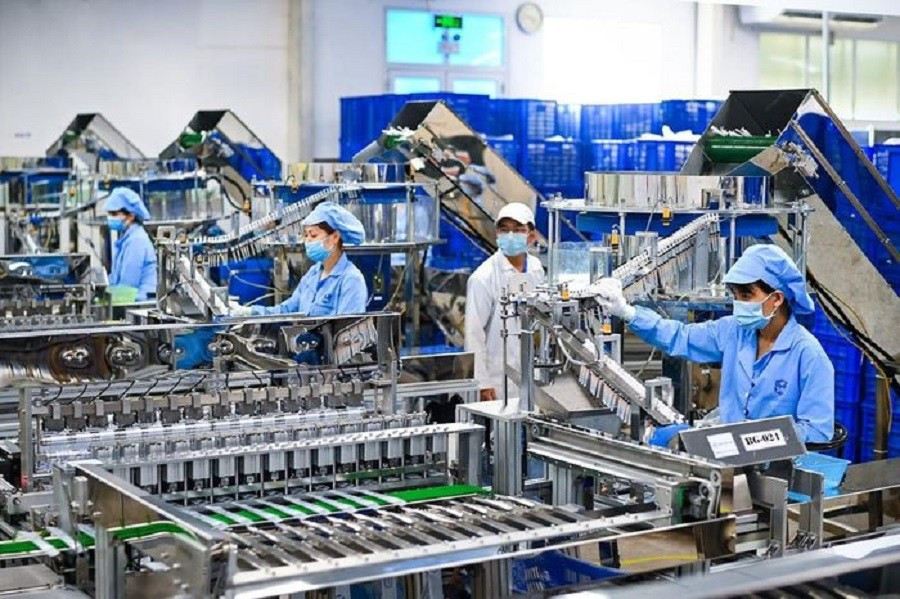
The recommendations sent to the management agency focus on the Government providing official information and legal guidance related to determining the origin of goods and transit goods as soon as possible. This is the basis for businesses to avoid risks of commercial litigation, while having more room to adapt in the short and medium term.
While export enterprises face many challenges, Ho Chi Minh City is still considered an attractive investment destination. After merging industrial parks, Ho Chi Minh City has formed a large-scale industrial - urban seaport space, linked with the logistics center of Ba Ria - Vung Tau , the industrial production area of Binh Duong and financial services of Ho Chi Minh City. This closed supply chain helps reduce logistics costs, improve product competitiveness, despite international tariff fluctuations, which is maintaining the advantage of attracting foreign direct investment (FDI) for the city.
Restructuring production and spearhead orientation
In the coming time, Ho Chi Minh City will focus on developing new generation industrial parks - high-tech, ecological, smart - prioritizing semiconductor, electronics, AI, biotechnology and clean energy industries. This is a group of industries that are less directly affected by US tax measures, while creating high added value, in line with global investment trends.
At the same time, institutional and public administration reform continues to be a strategic advantage. Ho Chi Minh City maintains a “one-stop shop” mechanism, with a timely file processing rate of over 90%, reducing time costs for investors. The city also promotes investment in the US and Europe, exploiting the advantages of free trade agreements.
According to the plan by 2030, Ho Chi Minh City will prepare over 6,000 hectares of clean land for high-tech projects, and gradually relocate labor-intensive industrial zones to the outskirts. The city affirms that it will only accept FDI projects with advanced technology, transparent management, and environmental friendliness - especially from American and European corporations.
Mr. Tran Viet Ha - Deputy Head of HEPZA - said: "The three pillars of scale, technology and institutions will help Ho Chi Minh City maintain its position as a leading FDI destination, even when the international trade environment is still volatile."
In fact, while Vietnamese export enterprises are forced to restructure to cope with the 20% tax rate from the US, Ho Chi Minh City still maintains its attraction to new investment capital, especially in the high-tech sector. This can become a "lifebuoy" to help Vietnamese production move up the value ladder, reducing dependence on traditional processing.

Special notes from the Prime Minister when negotiating with the US on new tariffs

Bank interest rate forecast under US tariff pressure

Vietnam's seafood exports face US tariff 'barriers'
Source: https://tienphong.vn/tphcm-uu-tien-phat-trien-ai-cong-nghe-bi-hoc-nang-luong-sach-post1779355.tpo




![[Photo] The 4th meeting of the Inter-Parliamentary Cooperation Committee between the National Assembly of Vietnam and the State Duma of Russia](https://vphoto.vietnam.vn/thumb/1200x675/vietnam/resource/IMAGE/2025/9/28/9f9e84a38675449aa9c08b391e153183)
![[Photo] High-ranking delegation of the Russian State Duma visits President Ho Chi Minh's Mausoleum](https://vphoto.vietnam.vn/thumb/1200x675/vietnam/resource/IMAGE/2025/9/28/c6dfd505d79b460a93752e48882e8f7e)
![[Photo] Joy on the new Phong Chau bridge](https://vphoto.vietnam.vn/thumb/1200x675/vietnam/resource/IMAGE/2025/9/28/b00322b29c8043fbb8b6844fdd6c78ea)
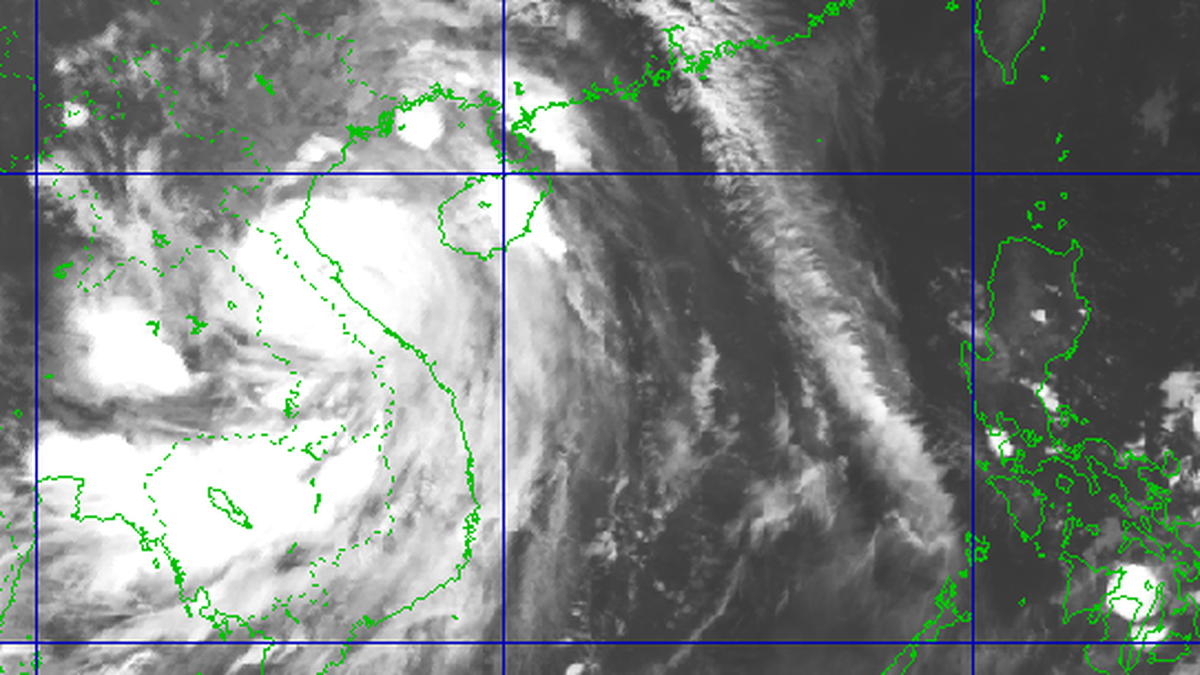


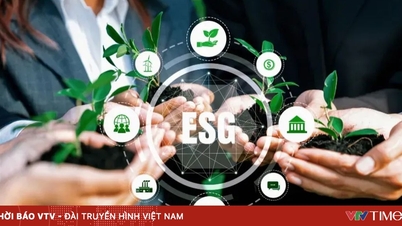
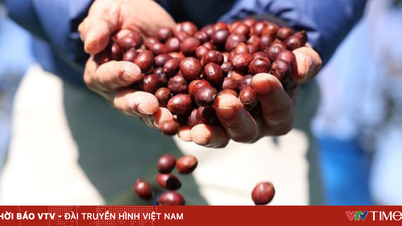
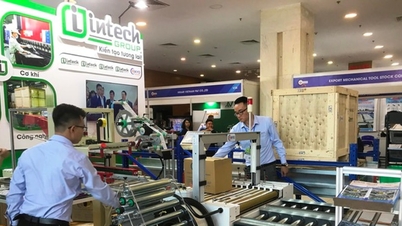











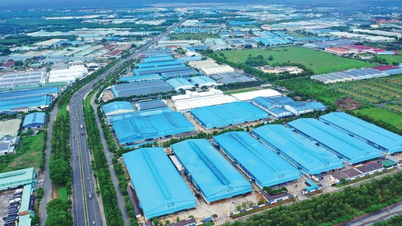

































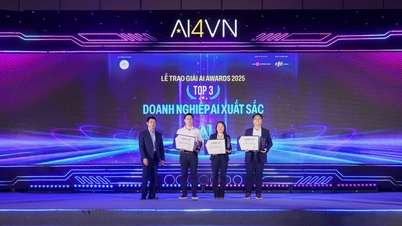





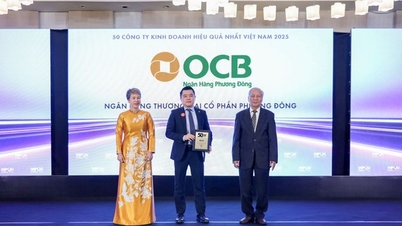


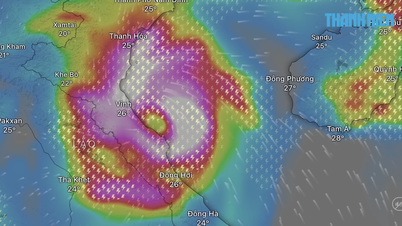
















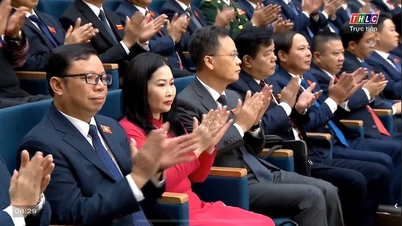


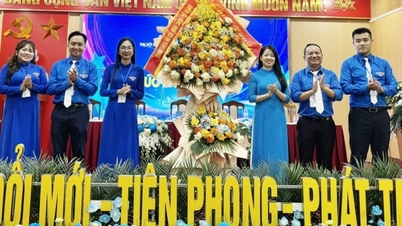
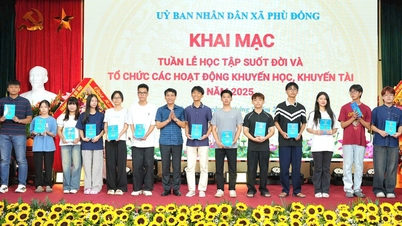














Comment (0)